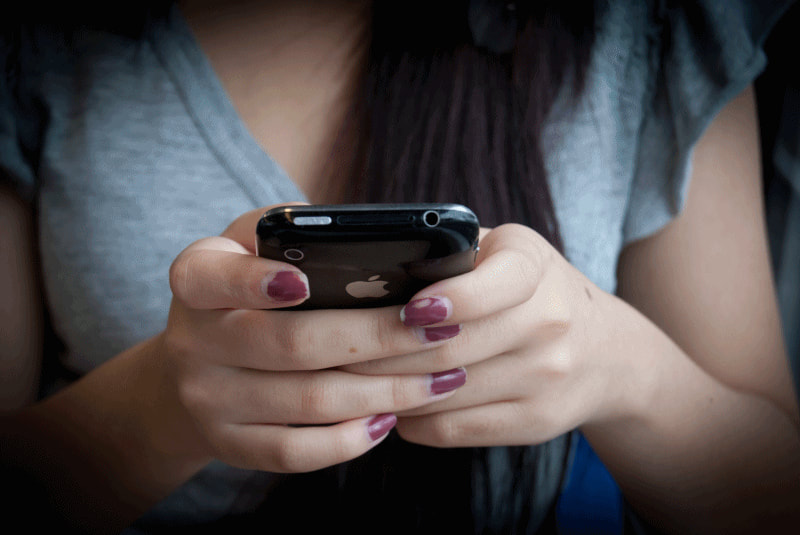Skyscrapers, prison cell-like living quarters, stressful mediocre jobs and impersonal city life do not encourage friendliness, let alone a sense of community. A city is simply a place where large groups of lonely people live together. The ostensible connectedness that cellphones and devices alike offer is attenuated by the unexpected consequence of decreasing the desire to connect with others, contributing to loneliness and isolation overtime. Researchers have observed subjects using cellphones for a short period of time were less likely to volunteer for a community service activity when asked compared to a control group. In addition, the cellphone users were less determined in solving word problems, even when the amount of correct answers would be matched by a monetary donation to charity. This deflated focus on others persisted even when the cellphone users were requested to draw an image of a cellphone and think about using it. The researchers posit, “The cellphone directly evokes feelings of connectivity to others, thereby fulfilling the basic human need to belong.” The researchers suggest that this feeling results in a reduced desire to actually connect with others or to engage in empathetic and prosocial behavior (Abraham, Pocheptsova & Ferraro, 2019). Loneliness also correlates with Internet use (Hu, 2009). Researchers observed that online chatting resulted in increased loneliness (Hu, 2007). Jacob Needleman, professor of philosophy at San Francisco State University, suggests that the loneliness that we as a society are experiencing cuts people off, not just from each other, but also from some harmonizing force in themselves. Our society is lacking an essential harmonious relationship with some universal force (Needleman, 2014). The absence of this essential harmonious relationship will not be filled by Facebook, Instagram, or any other social networking website. References Abraham, Ajay & Pocheptsova, Anastasiya & Ferraro, Rosellina. (2019). The Effect of Mobile Phone Use on Prosocial Behavior.
Dossey, L. (2013). One Mind. Carlsbad: Hay House. Hu, M (2007). Social Use of the Internet and Loneliness. Hu, M. (2009). Will Online Chat Help Alleviate Mood Loneliness?. Cyberpsychology & Behavior, 12(2), 219-223. doi: 10.1089/cpb.2008.0134 Needleman, J. (2014). The heart of philosophy. New York: Jeremy P. Tarcher.
0 Comments
Leave a Reply. |
The Awareness domain contains research, news, information, observations, and ideas at the level of self in an effort to intellectualize health concepts.
The Lifestyle domain builds off intellectual concepts and offers practical applications.
Taking care of yourself is at the core of the other domains because the others depend on your health and wellness.
Archives
May 2024
Categories
All
|


 RSS Feed
RSS Feed

